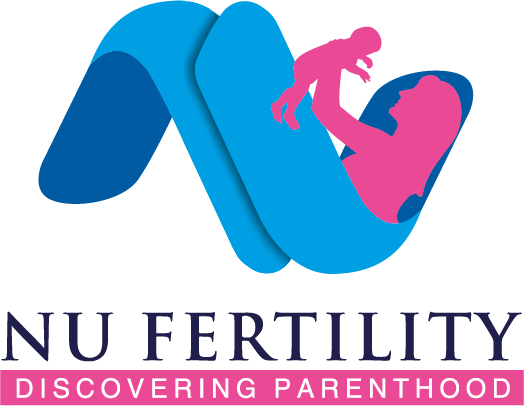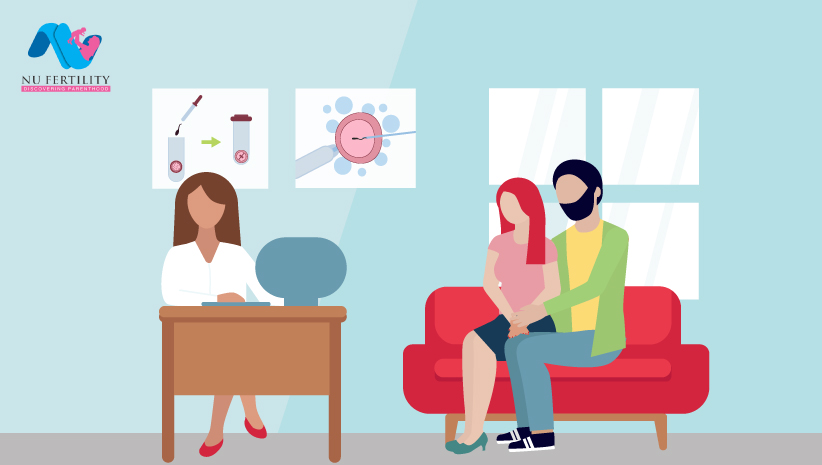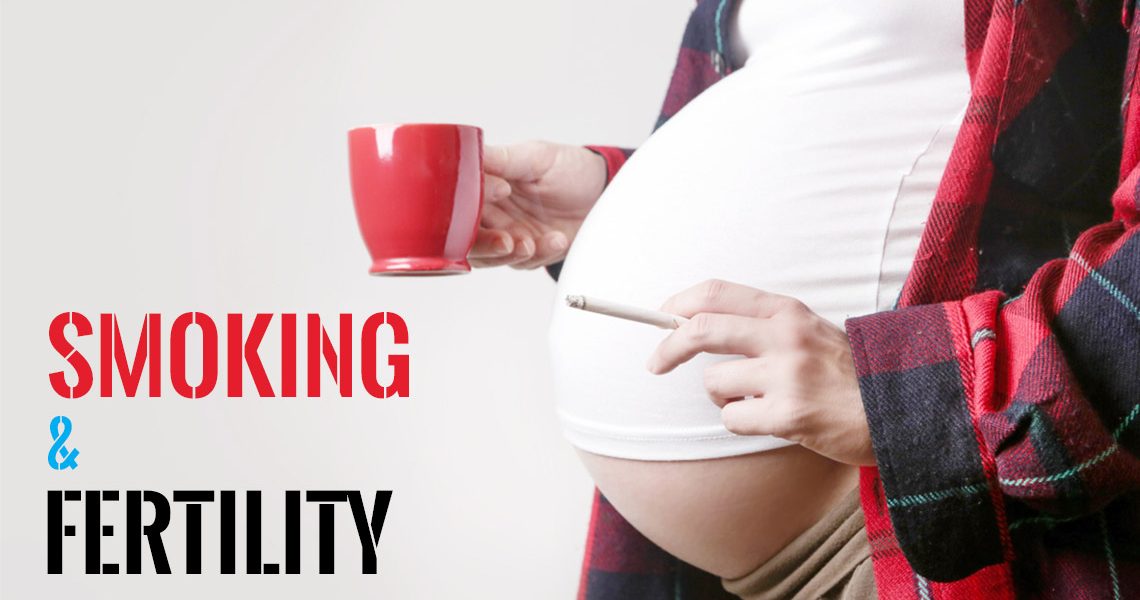The demand for IVF treatment is gathering pace. This is because it has helped all those patients who were otherwise unable to conceive. The ultimate objective of IVF is to have a successful pregnancy and a healthy baby. However, today’s digitally driven and stressful corporate world has created a challenge for women who are looking to welcome Motherhood with the help of IVF treatment. However now there is a ray of hope as Work from Home is the new norm for most of the employees due to the current crisis caused by the pandemic.
Best IVF Treatment in Bangalore
Infertility and Mental Health
How one affects the other and what is the way out?
Parenthood is more than just a phase in life; it’s something a lot of us dearly wait for. But as much as there is a large amount of anticipation and excitement that surrounds pregnancy, same is the amount of psychological impact that the non-conceivability of a baby has on a couple.
Brief History of IVF
Let’s start at the beginning. In-Vitro Fertilisation, or now more commonly known as IVF treatment saw a flicker of hope as early as the mid-1800s. In the mid-1800s, scientists finally discovered the process of artificial fertilization using a combination of sperm and egg.
Things To Know Before Opting For IVF
Once a couple decides to go ahead with IVF(In vitro fertilization), the next concern is the IVF success rate and to decide when to go for IVF treatment. As we all know IVF has its limitations and a variety of factors influence the outcome. Some of them are under our control and some of them are not.
What is the Sucess Rate of IVF?
The outcome of an IVF cycle depends on the quality of the embryo which in turn depends on the egg quality and the sperm quality. Egg quality is mainly dependent on the age of the woman. As age increases, particularly in the late thirties, the chances of having aneuploid/ abnormal eggs increases.
ICSI( intracytoplasmic sperm injection) can overcome most of the sperm-related problems but severely abnormal semen samples can give rise to poor quality embryos, thereby compromising the IVF success rates. Egg numbers are equally important. Studies show that IVF success increases as the number of eggs retrieved increases up to about 15 eggs. Thereafter there is no further increase in the success.
Smoking and Fertility
‘Smoking is injurious to health’. This applies to reproductive health as well. Passive smoking is equally harmful, but not many women are aware of this. One survey of female hospital employees found that less than 1 in 4 knew that smoking could hurt their fertility or increase the risk of miscarriage.
10 Early Signs of Pregnancy?
1. Prickling, tingling nipples
As pregnancy hormones increase the blood supply to your breasts, you may feel a tingling sensation around your nipples.
This can be one of the earliest symptoms of pregnancy and is sometimes noticeable within a week or so of conception. Once your body gets used to the hormone surge, this sensation will subside.
Does the collection of eggs increase the chance of pregnancy from IVF?
The process of IVF(In-Vitro-Fertilization) involves the ovarian stimulation with hormones with the intention of retrieving more eggs. The whole idea is to have enough eggs to produce an optimum number of good embryos to transfer and to freeze a few in case the fresh transfer fails. The question here is how many do we actually need? What is the optimum number of eggs needed to achieve a live birth, which in turn is the ultimate aim of IVF?









